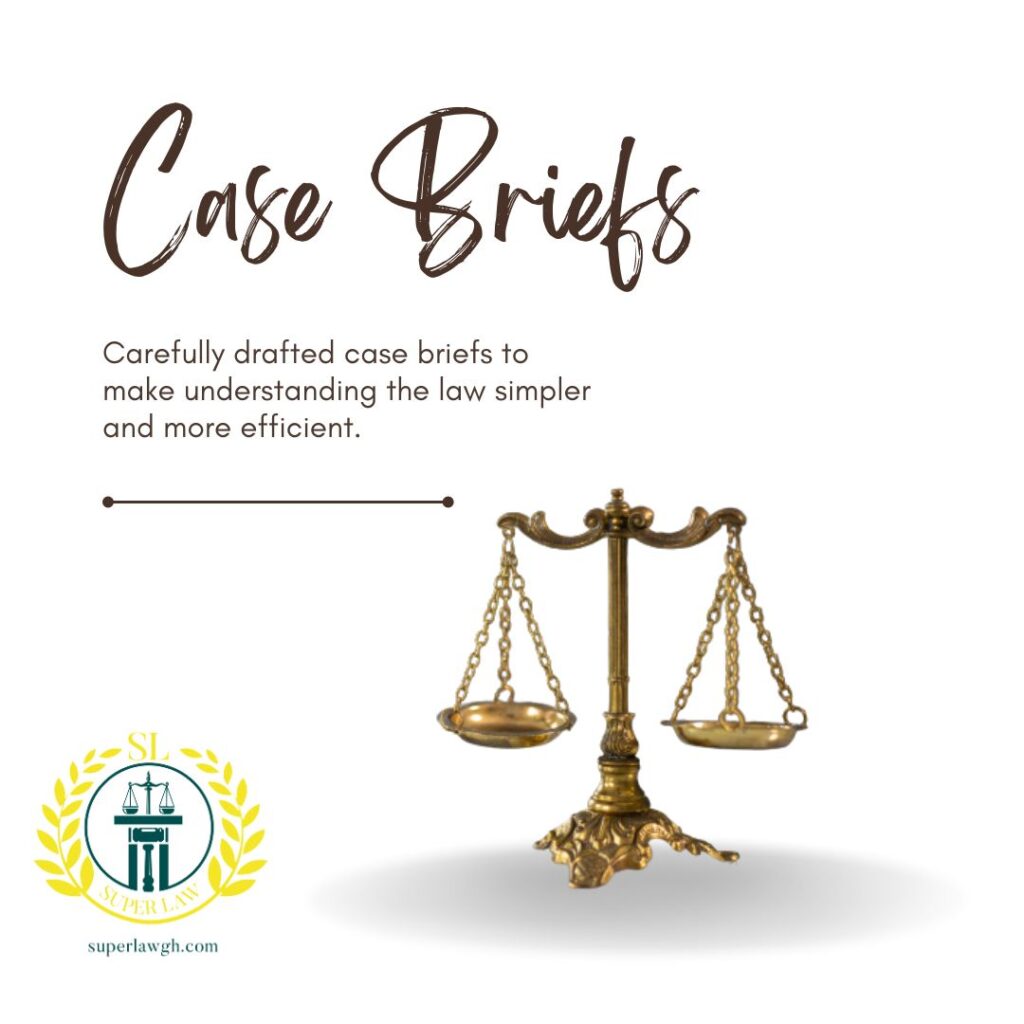Case Brief: Tuffour v. Attorney-General
Tuffour v. Attorney-General [1980] GLR 637-667 [1] With the coming into force of the 1979 Constitution, the incumbent Chief Justice, Mr Justice Fred Kwasi Apaloo, was purported to be nominated as Chief Justice by the President of the Republic of Ghana in consultation with the Judicial Council. Parliament purported to vet the said Mr Apaloo […]
Case Brief: Tuffour v. Attorney-General Read More »

